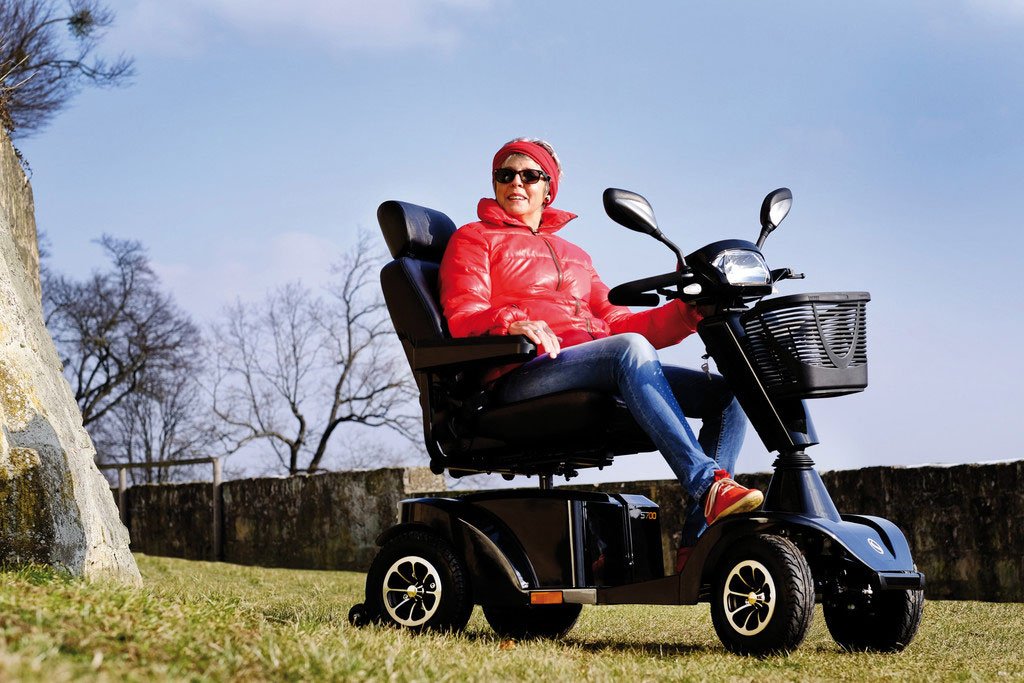Water is crucial for survival, particularly for the elderly, who are more vulnerable to dehydration. Understanding how long can elderly live without water can be vital for caregivers and loved ones. The human body, especially in older age, depends significantly on water for various functions, such as regulating temperature and maintaining skin health.

The Importance of Hydration in The Elderly
As people age, their bodies’ ability to conserve water diminishes, and they might not feel thirsty even when they need to drink. This physiological change makes them susceptible to dehydration. Particularly for seniors, staying hydrated is essential to prevent health issues and maintain an optimal state of well-being.
Basic Survival Without Water
Under normal conditions, a human can survive without water for approximately three days. However, numerous factors play a role in this estimate, such as environmental temperature, overall health, and individual metabolism. For the elderly, these factors are even more crucial.
Factors Affecting Elderly Survival Without Water
- Temperature Warmer climates increase the need for water due to higher perspiration rates.
- Health Conditions Conditions like diabetes or kidney problems can exacerbate dehydration risk.
- Medications Some medications may cause excess urination or diminish hydration cues.
Signs of Dehydration in Seniors
Recognizing dehydration in seniors can be lifesaving. Symptoms may include dry mouth, confusion, irritability, sunken eyes, and low blood pressure. In extreme cases, dehydration can lead to urinary tract infections, heat stroke, or even kidney failure.
Preventive Measures to Ensure Hydration
Preventive care is crucial. Encourage the elderly to drink fluids regularly, even if they do not feel thirsty. Including water-rich foods like fruits and vegetables in their diet is beneficial. Utilizing tools like a grabber tool can help in making their living environment more efficient and aid in their overall care.
Duration Factors and Impact
It’s challenging to pinpoint the exact duration seniors can endure without water, as it is influenced by personal health, weather conditions, and their physical activity levels. Understanding these aspects helps in providing the needed care and support.
The Role of Technology in Enhancing Safety
Within a household, technology can play a pivotal role. Devices like a personal alert system can ensure that elderly individuals stay connected and safeguarded during emergencies.
Common Misconceptions About Dehydration
Many people believe that thirst is the primary indicator of dehydration, which is a misconception. Elderly might not recognize thirst signals, making it vital to regularly remind them to hydrate.
Strategies for Caregivers
For caregivers, understanding these nuances is essential. Keeping a schedule to regularly encourage water intake can be effective. Additionally, using a back massager could aid in relaxation and promote fluid intake through a better physical state.
Common Mistakes in Elderly Hydration
Some typical oversights in elderly care include offering excessive caffeinated drinks and not accounting for individual health conditions that might require specific care and attention. Utilizing accessible tools like a lift chair can make handling these delicate needs easier.
Consulting Health Professionals for Guidance
Always seek advice from healthcare professionals for personalized hydration strategies to ensure the health and safety of seniors. For broader insights into caring for elder adults, you might check out caring tips.

FAQs
1. Why is hydration more critical for seniors?
Hydration is essential for seniors because their body’s mechanisms, such as thirst and water conservation, decrease with age, resulting in a higher risk of dehydration.
2. What are the first signs of dehydration in the elderly?
The initial signs include dry mouth, lethargy, and dizziness. It is crucial to address these symptoms immediately to prevent severe health complications.
3. How can I help an elderly person stay hydrated?
Ensuring regular intake of water and water-rich foods, offering hydrating beverages, and providing a structure of reminders can contribute significantly to maintaining their hydration levels.
This article contains affiliate links. We may earn a commission at no extra cost to you.

